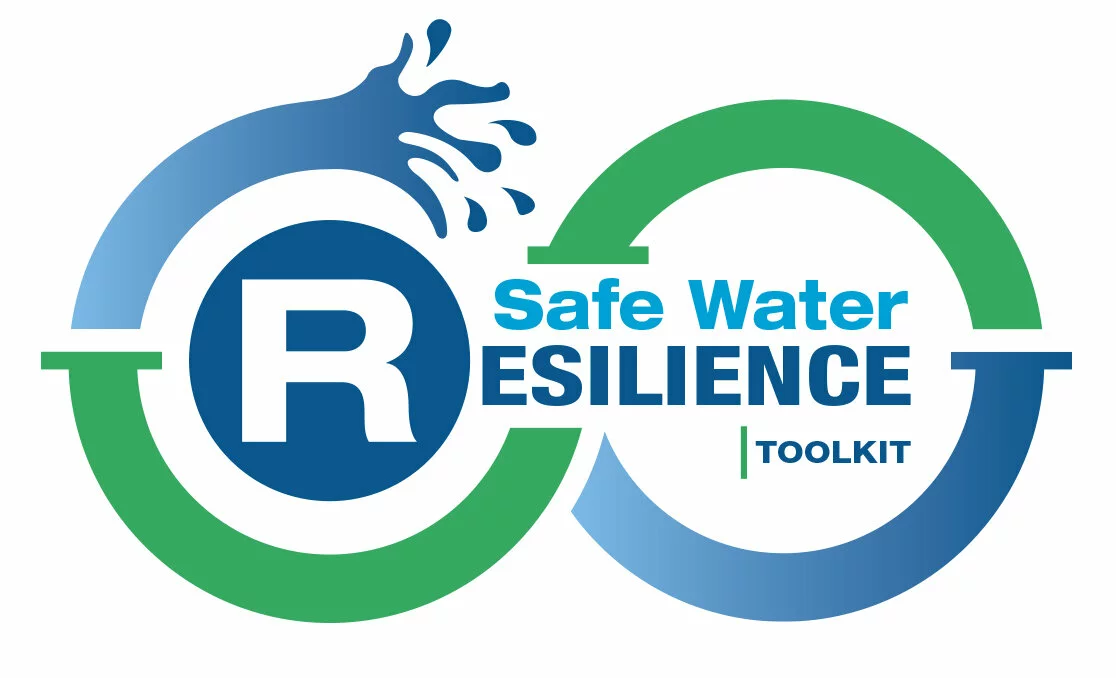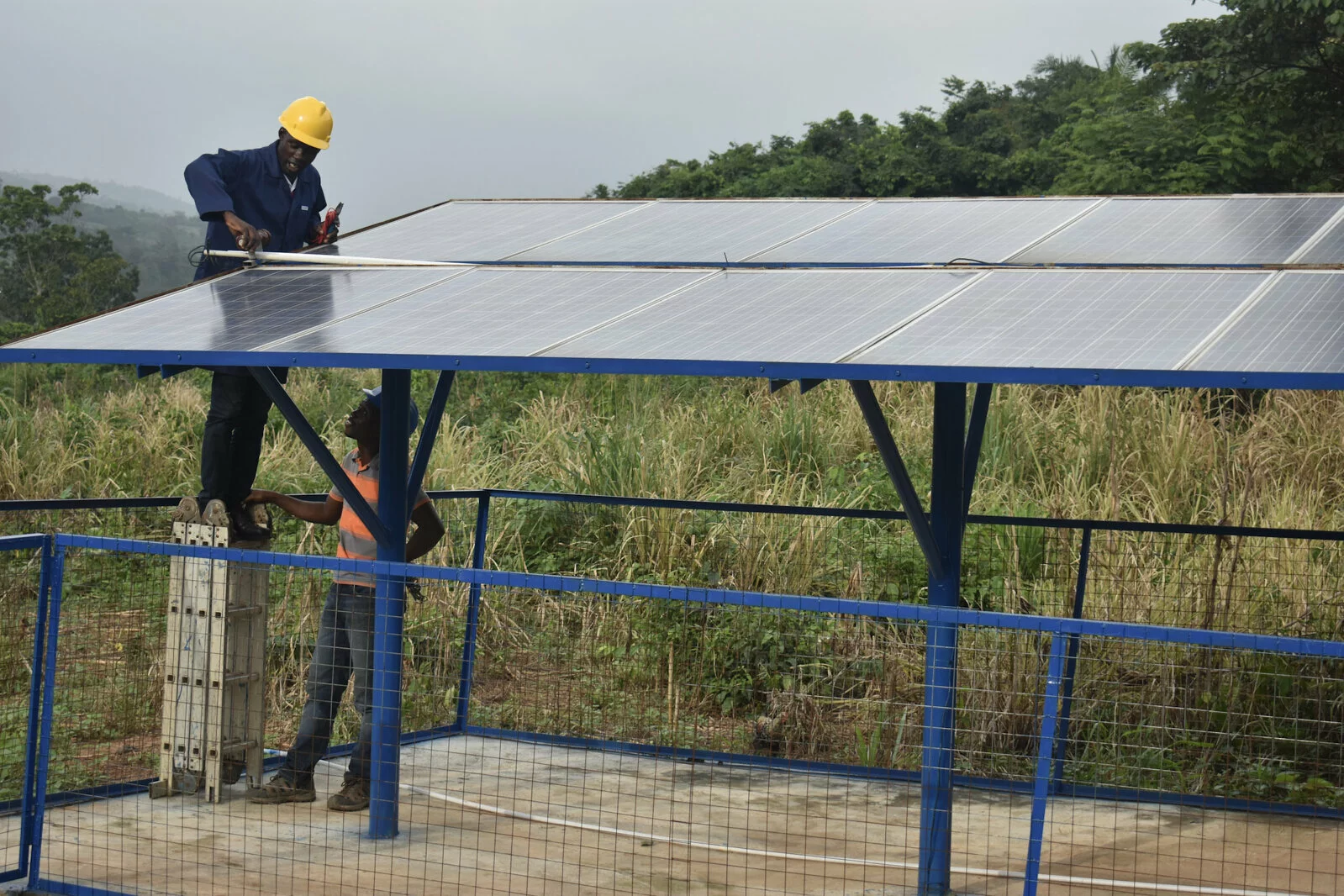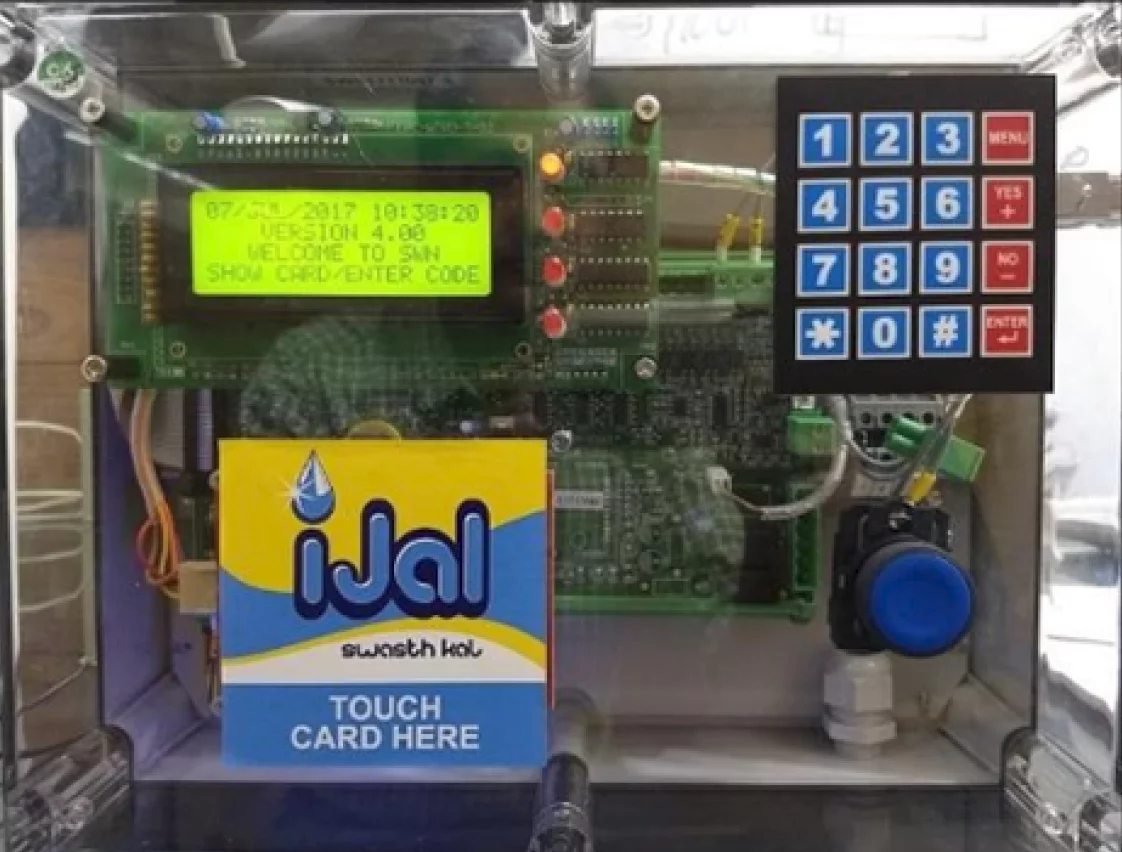City Water Compendium: Making Cities Water Positive
By: Poonam Sewak, Pallavi Mukane, Pooja Singh, Shveta Mahajan, Reena Kumari, and Nidhi Modi
Cities continue to be water-stressed due to rapid urbanization, lack of
infrastructure, and climate change despite the water being transported over
long distances at high costs. Urban stakeholders, both public and private, need
a holistic picture of the potential problems, effective solutions and action
strategies to make resilient cities that are water positive and sustainable. In
India, recent developments in the urban water sector are supported by several
initiatives from Central, State, and local governments toward making cities
water secure.
This City Water Compendium is a compilation of water availability, supply,
and wastewater scenario of selected Indian cities and reports City Water
Assessment of select 24 cities. The report includes the City Water Index (CWI),
a scoring model that uses quantitative and qualitative indicators on eight
thematic areas with 25 sub-indicators, encompassing water sources, piped
water coverage, wastewater management, stormwater, water conservation,
water governance & policy and digital monitoring infrastructure. CWI
assesses the sustainability of the water cycle under the City Water Balance
Plans approach as proposed under the AMRUT 2.0 guidelines developed by
Ministry of Housing and Urban Affairs (MoHUA).
The CWI provides insights into the water security status of the city,
highlighting the gaps and challenges so that proactive targeted corrective
action can be taken locally, utilizing the principle of circular economy of
water by effecting water source conservation, rejuvenation of wells and water
bodies, recycling and reuse of treated used water, and rainwater harvesting
with community involvement.
Safe Water Network has developed the iCWBP, Digital City Water Balance
Plan Toolkit, a repository of web-based tools for guiding municipalities, urban
water practitioners, and citizens to create water-secure and resilient cities. It
relies on the concept of ONE WATER, embedded in The City Water Balance
Plans. This iCWBP Toolkit is developed by drawing lessons from the pilot
conducted in Hyderabad city with the Hyderabad Metropolitan Water Supply
and Sewerage Board.
This City Water Compendium Report has drawn data from government
websites like Jal Boards, PHEDs, AMRUT, Smart Cities Mission, NIUA, CGWB,
CPCB, policy and research documents, and telephonic interviews with city
water boards and ULBs. Safe Water Network gratefully acknowledges the
ULB and parastatal officials of cities for their support in appraising the City
Water Assessment of respective cities.



